
A chance discovery by Cedars-Sinai researchers has shown that high doses of antioxidant nutritional supplements can increase genetic abnormalities in cells, which may predispose the supplement-takers to cancer. The study, led by Eduardo Marbán, director of the Cedars-Sinai Heart Institute, appears in the journal Stem Cells.
Marbán and his team accidentally discovered the danger of excessive antioxidant doses while seeking a way to reduce the genetic abnormalities that occurred naturally when the scientists sought to multiply human cardiac stem cells.
Stem cells are often grown in a laboratory culture composed of 20 percent oxygen, whereas cells growing inside human tissue are exposed to just 3 to 5 percent oxygen. Marbán’s team of researchers became frustrated because the higher concentration of oxygen in lab-grown stem cells resulted in 9 percent of the cells being rejected because of genetic abnormalities. “We sought to counter that oxidation problem by adding high doses of antioxidants directly to the cells,” Marbán explained. “That’s when we made the serendipitous discovery that there is a danger zone for the cells exposed to antioxidants to develop genetic abnormalities that predispose to cancer.”
“Taking one multivitamin daily is fine, but a lot of people take way too much because they think if a little is good, a lot must be better,” warned Marbán. “That is just not the case. If you are taking 10 or 100 times the amount in a daily multivitamin, you may be predisposing your cells to developing cancer.”
Related:
Antioxidants found to impair muscle function
Scientists cast doubt on role of free radicals in aging





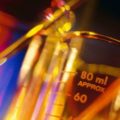


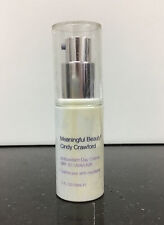
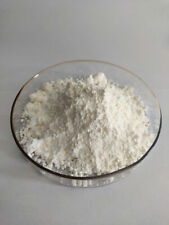
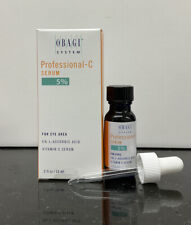
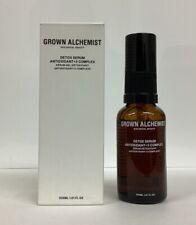




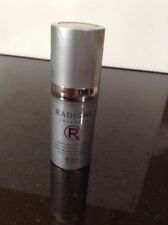
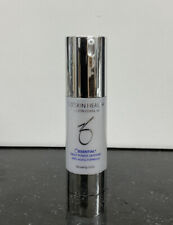
Comments are closed.